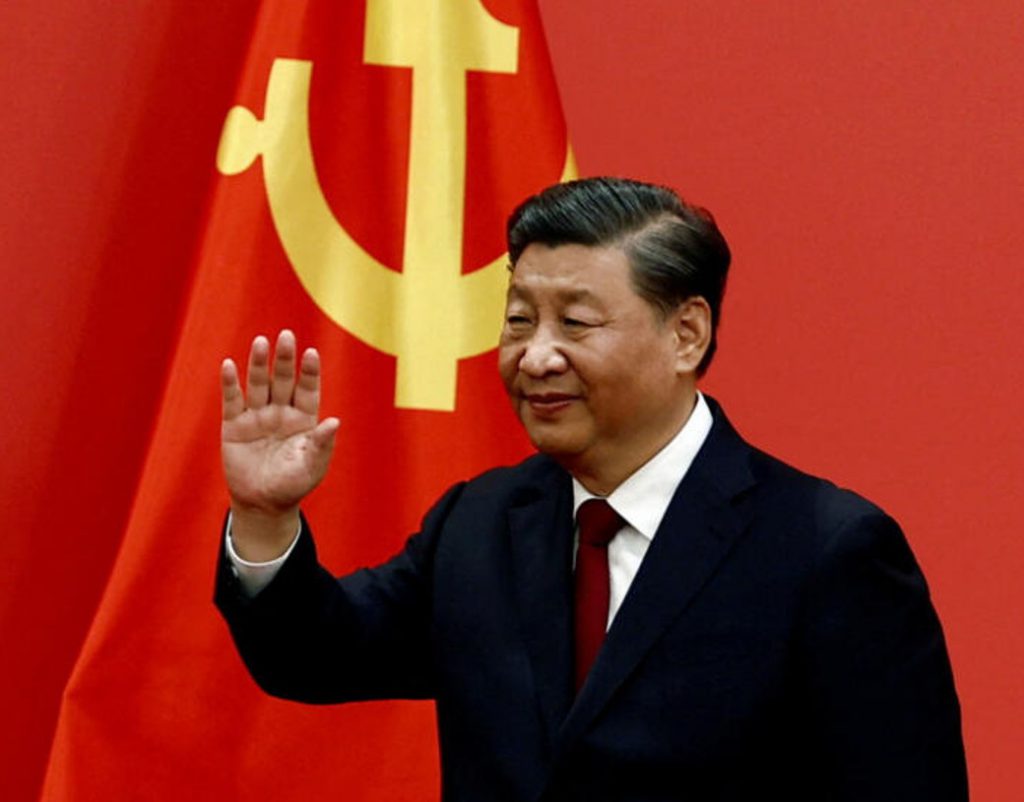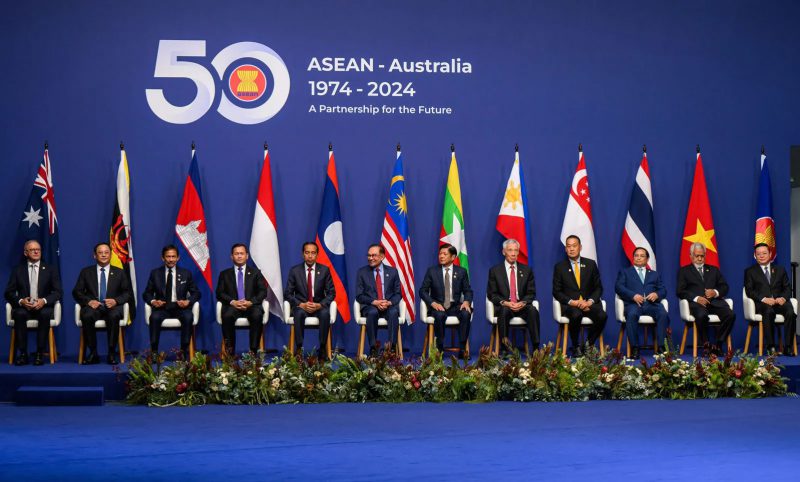The ASEAN alliance is now officially the biggest trading partner of China in Q1 of 2024. The latest data shows that ASEAN countries have settled trade worth 2.08 trillion Chinese yuan, which is equivalent to $300 billion in Q1 this year with China. That’s an increase of 8.5% year-to-year and accounting for 15.85% of China’s total foreign trade in 2024.
Also Read: Russia Makes Major Announcement About BRICS Currency
The bilateral trade between ASEAN and China is increasing making it the top trading partner. The European Union and the U.S. come second and third, respectively. However, the EU’s trade with China decreased by 1.8% this year but trade with the U.S. surged by 1.1% in 2024.
ASEAN is an alliance of 10 countries including Brunei, Burma, Cambodia, Indonesia, Laos, Malaysia, Philippines, Singapore, Thailand, and Vietnam. The majority of these countries have close ties with China and use the Chinese yuan for trade settlements.
Also Read: 21 Countries, 200 Mayors To Attend BRICS Forum in June 2024
Apart from ASEAN, the EU, and the U.S., South Korea is the fourth largest trading partner with China between January to April 2024. China is also increasing trade with other developing countries through the Belt and Road Initiative (BRI). The Communist country has signed BRI agreements with developing nations in Asia, Africa, and Latin America. This helps them to net new trade deals, as ASEAN bilateral agreements remain intact.
ASEAN Countries Import Mechanical & Electrical Products From China


The majority of ASEAN’s $300 billion trade settlements come from mechanical and electrical products from China. These account for nearly 60% of China’s exports in the first financial quarter of 2024. Chinese private enterprises received an increase in orders from ASEAN countries to fulfill their electronics demand in their respective nations.
Also Read: ASEAN: How Long Will The US Dollar Reign? Warren Buffett Answers
The development indicates that trade between ASEAN countries and China will only grow stronger hereon. The move helps the Chinese economy stay afloat and come out of adversity in the global markets.





